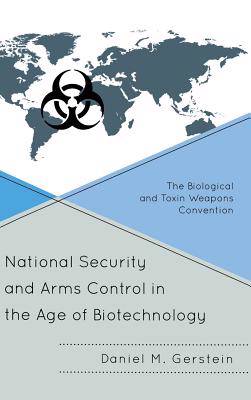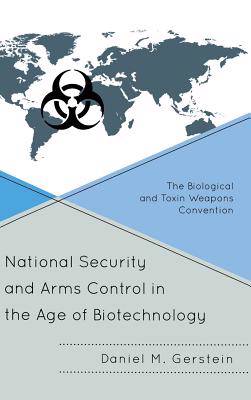
- Afhalen na 1 uur in een winkel met voorraad
- Gratis thuislevering in België vanaf € 30
- Ruim aanbod met 7 miljoen producten
- Afhalen na 1 uur in een winkel met voorraad
- Gratis thuislevering in België vanaf € 30
- Ruim aanbod met 7 miljoen producten
Zoeken
National Security and Arms Control in the Age of Biotechnology
The Biological and Toxin Weapons Convention
Daniel M Gerstein
Hardcover | Engels
€ 151,45
+ 302 punten
Omschrijving
Daniel M. Gerstein, a former Army Colonel and current Under Secretary in the Department of Homeland Security, traces the origins of the Biological and Toxin Weapons Convention while prescribing ways for the world's military leaders to move forward with regards to (what Gerstein calls) "the most important arms control treaty of the 21st Century."
Specificaties
Betrokkenen
- Auteur(s):
- Uitgeverij:
Inhoud
- Aantal bladzijden:
- 240
- Taal:
- Engels
Eigenschappen
- Productcode (EAN):
- 9781442223127
- Verschijningsdatum:
- 23/05/2013
- Uitvoering:
- Hardcover
- Formaat:
- Genaaid
- Afmetingen:
- 155 mm x 231 mm
- Gewicht:
- 703 g

Alleen bij Standaard Boekhandel
+ 302 punten op je klantenkaart van Standaard Boekhandel
Beoordelingen
We publiceren alleen reviews die voldoen aan de voorwaarden voor reviews. Bekijk onze voorwaarden voor reviews.








